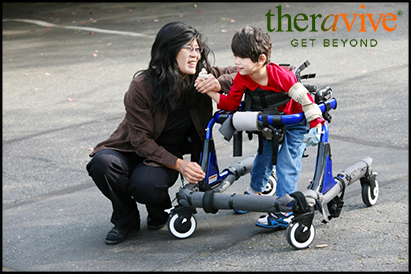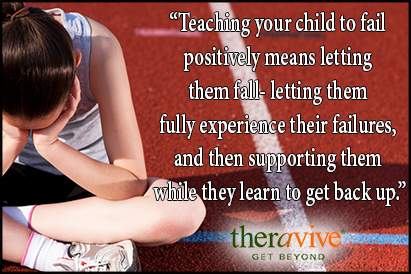October 29, 2014
by Marti Wormuth, MA

Sometimes, someone in our family or one of our family friends may have a mental health issue, and there are children in the family who may not understand what is going on. That means that family members may have to take the time to talk to children about the effects of mental illness and how they are to treat the person that they are related to.
FB- Talking to your kids about mental illness might seem just as intimidating as talking to them about the birds and the bees, but it doesn't have to be. Here are some tips for an easier conversation.
[More]
October 17, 2014
by Marti Wormuth, MA

Millions of men, women, and children are affected by domestic abuse every single year, and it's important that we understand what it is and how it can affect people for the rest of their lives. So, in this article, we're going to define domestic abuse and explore how it can affect those involved for the long term.
[More]
September 30, 2014
by Marti Wormuth, MA

Children with disabilities are absolutely wonderful people, but they can also be incredibly difficult for the family that has been blessed with them. They come with their own challenges and a number of other things that may come up as a result of the child's disability.
[More]
September 24, 2014
by Cathy England, MA

Very often when you are faced with dealing with any type of mental health issue or severe stress, it can be easy to isolate yourself and try to handle things on your own. However, one of the best coping strategies is to build a multi-faceted support system that you can access whenever you may need it. Some of this support can come from social relationships, family, professional resources, or support groups.
[More]
July 27, 2014
by Caleen Martin

How many of us have had a particularly nasty, stressful argument and within a day have an intense flare up leaving you in agony? Probably too many of us. Communication will make or break each and every relationship we have throughout our lives. So why aren't we taking it more seriously?
[More]
June 28, 2014
by Christie Hunter

Juggling with family and household chores all the time can be really stressful, particularly if one has small kids to look after. All these responsibilities and robotic routine often leave mothers stressed out. The American Psychology Association (APA) conducted a primary survey in 2010 to determine if motherhood is more stressful than fatherhood. According to the results, a major percentage of mothers participated in the survey reported physical and psychological symptoms of depression and stress.
[More]
June 22, 2014
by Everett Libby

Your divorce is imminent. There is no turning back now. There is a new meaning to ‘normal’ for life as things are about to change for you and your kid(s). Through all the change, parenting must remain a priority.
[More]
June 9, 2014
by Christie Hunter

Parenthood becomes more challenging than ever when it comes to dealing with children with developmental delays. It is not only frustrating for the child but parents also have to protect their child from the piercing eyes of the world. It is difficult for children to understand why they can’t do simple things that other children of their age can do easily. This is the reason that children with developmental delays have poor communication and interaction skills (Ramous, 2008).
[More]
June 4, 2014
by Christie Hunter

Relocating to another city and moving away from your family is not only stressful, but it also needs a lot of courage to adjust to the new environment. A person moving to another city feels a physical as well as emotional toll. Not only this, the person also has to help his/her family to adjust with the idea of moving to a new location. The situation becomes more difficult if the person moving away from the family easily gets home sick.
[More]
March 20, 2014
by Christie Hunter

As a parent, the desire to shield your child from failure is instinctive. Although we tend to always view failure in a negative light, there are actually two kinds of failure: positive failure and negative failure. Helping children understand that there is a way to move beyond failure helps diminish the fear of learning or trying new things.
[More]